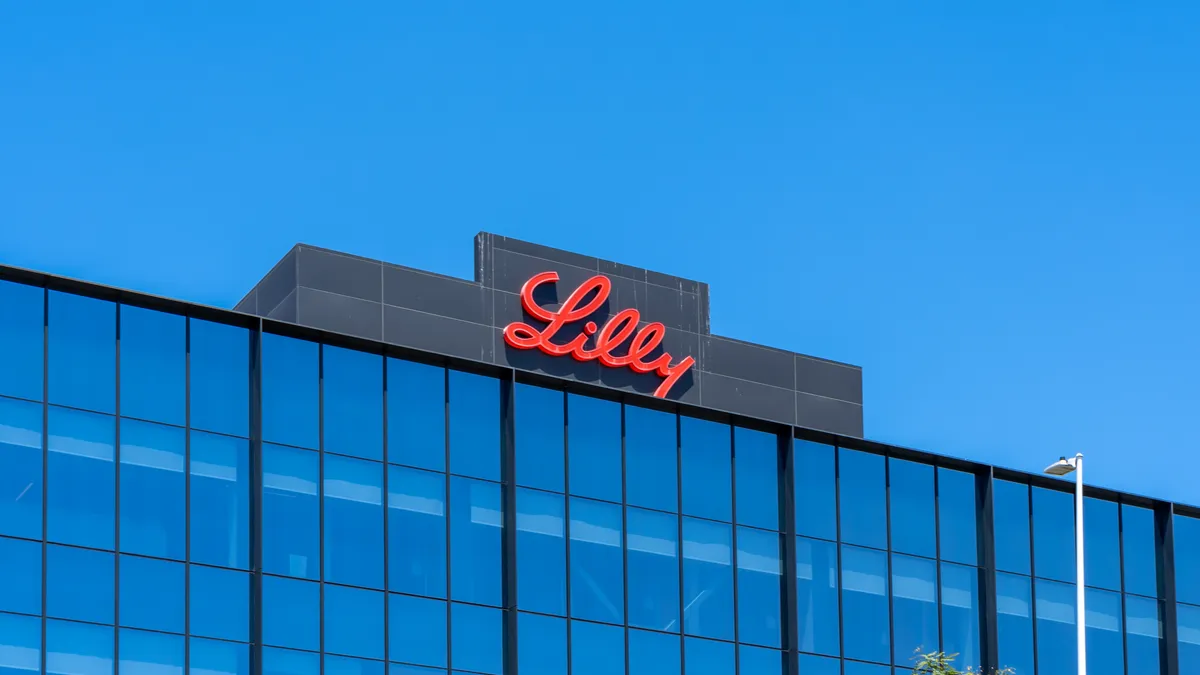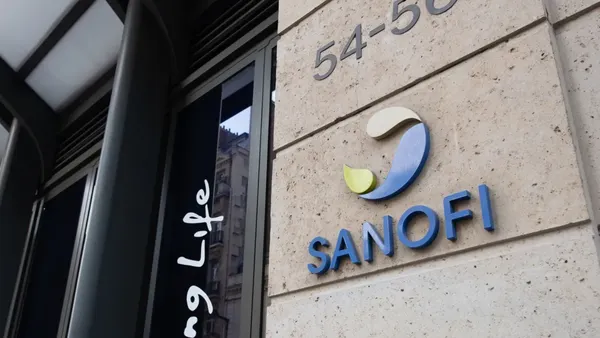Eli Lilly is making progress resolving the supply strains that for months have made its in-demand obesity and diabetes medicines difficult to get. However, even as shortages ease, the drugs’ availability at the pharmacy counter may remain in flux.
Earlier this month, the Food and Drug Administration updated its drug shortage database to indicate that all doses of tirzepatide, which Lilly sells as Zepbound for obesity and Mounjaro for diabetes, were available. Previously certain dose strengths of both drugs had been listed as having limited accessibility.
“We’re available in all dosage forms in the U.S. What that means is we can bill orders as they’re received,” said Lilly CEO David Ricks on an earnings conference call Thursday. “That does not mean that any pharmacy, or certainly every pharmacy, has all 12 dosage forms sitting on their shelves.”
Ricks cautioned that, despite the change in status on the FDA’s shortage list, patients may still have to wait a few days to pick up their prescriptions.
“There’s not an abundance of supply. It’s more of a real-time fulfillment situation,” Ricks said. “But product is flowing and it’s flowing at a pretty high rate.”
Still, he added, “the end pharmacy experience will continue to be choppy.”
Lilly has poured billions of dollars into expanding its manufacturing capacity, acquiring factories and most recently, committing to invest another $5 billion in a manufacturing site in Lebanon, Indiana to ramp up production of tirzepatide.
That spending, which Lilly says is the largest investment in company history, is in response to the high demand for both Mounjaro and Zepbound. Even with supply shortages, sales of Mounjaro totaled $3.1 billion in the second quarter, while Zepbound earned just over $1.2 billion, Lilly said Thursday.
“[Prescription] volume is really high in this category and probably will end up being one of the highest volume categories in the history of the industry,” said Ricks.
Lilly’s manufacturing additions will take time to come online, however. In the meantime, the introduction of a new single-dose vial formulation for 2.5 milligram and 5 milligram Zepbound doses could help. “They certainly open up a node of the most constrained part of the supply chain,” said Ricks, referring to the filling and finishing of final dose containers. “So it just adds to our capacity.”
Competitor Novo Nordisk, which sells rival drugs Wegovy and Ozempic, has also faced supply constraints. Shares of the Danish drugmaker fell earlier this week after Wegovy sales failed to meet high expectations set out by Wall Street. Novo has also invested into increased production capacity and, while most doses of its drugs are available, a starter Wegvoy dose is still listed as having limited availability, per the FDA.













